Cashews (or cashew nuts) are the oilseeds of Anacardium occidentale. This fruit is known and used throughout the world for its beneficial properties. For it to become edible, however, the cashew undergoes processing at high temperatures to eliminate substances present on the shell, which could be toxic to the body.
Composition
Cashews consist mainly of carbohydrates, proteins, amino acids, mineral salts and vitamin K.
These fruits are also rich in monounsaturated fatty acids, such as oleic acid and palmitic acid, essential for keeping cholesterol levels under control.
Benefits
Thanks to their components, cashews are highly valued for the benefits they bring to the body:
- they lower bad cholesterol (LDL) and increase good cholesterol (HDL), keeping the cardiovascular system healthy;
- they stimulate the muscles to absorb the necessary glucose, proving to be excellent allies against type 2 diabetes;
- they help to relax and facilitate sleep thanks to the presence in them of tryptophan, amino acid precursor of serotonin synthesis;
- the antioxidant action, provided by the polyphenols and tocophenols of vitamin E of which cashews are composed, makes it possible to counteract the action of free radicals;
- the mineral salts, of which these fruits are rich, prove to be particularly useful for the good functioning of the nervous and muscular system;
- the zeaxanthin (carotenoid pigment) contained in cashews plays an important role in eye health.
How and when to eat salted cashews
Salted cashews are perfect as a mid-morning or mid-afternoon snack.
However, their use can be far more extensive.
In cooking, for instance, you can make excellent vegetarian dishes, meat dishes (such as cashew chicken which is very popular in India and Thailand), or risottos.
Those who follow a vegan diet also use salted cashews to make pesto to accompany first courses.






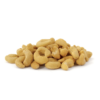
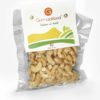
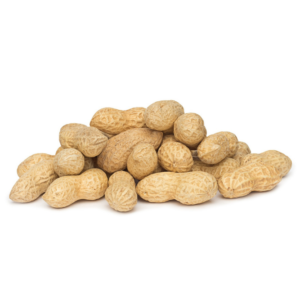
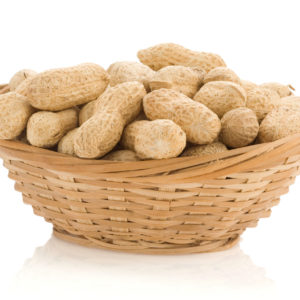

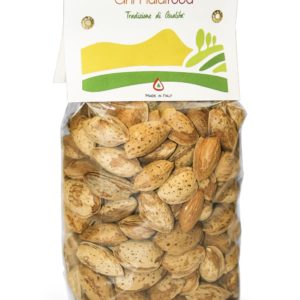
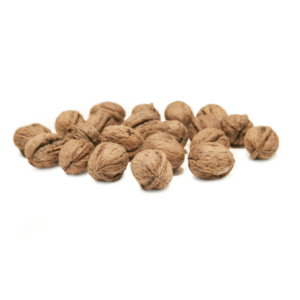
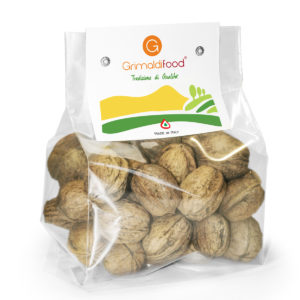
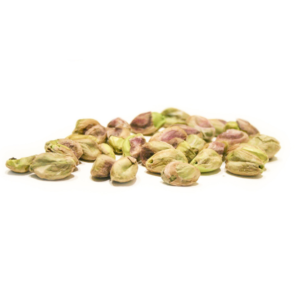
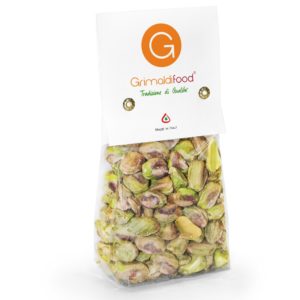
Reviews
There are no reviews yet.